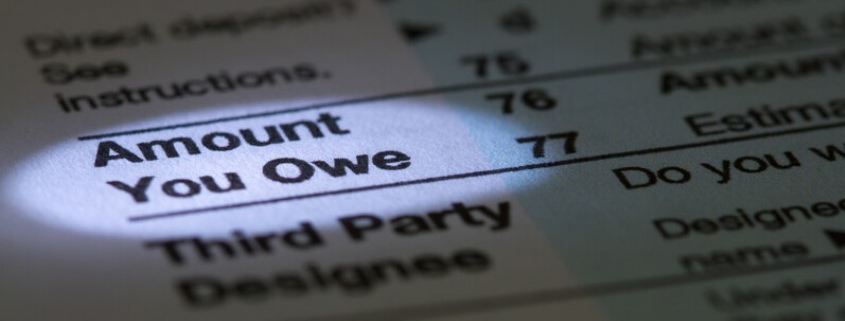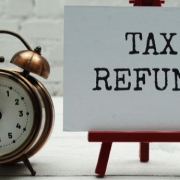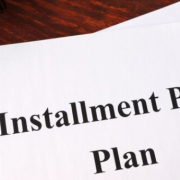The IRS Is Resuming Debt Collections. Here’s What To Do If You Can’t Pay Your Taxes
he IRS has been fairly lenient with past-due tax bills throughout the pandemic — but that’s about to change.
The agency is ramping up efforts to collect overdue taxes after many debt-collection activities were paused in order to provide relief to taxpayers during the COVID-19 crisis.
In March 2020, the IRS temporarily halted some debt collection efforts and later expanded the relief in February 2022 to include a suspension of collections letters, including notices of property seizure.
“Now, as the IRS returns to normal operations, collection activities will resume,” National Taxpayer Advocate Erin Collins wrote in a blog post recently.
While the dialed-back enforcement of debt collections was at least partially intended to provide relief to taxpayers, the IRS also had a major bandwidth issue. The agency was previously dealing with a backlog of up to 24 million unprocessed tax returns.
Then came the $80 billion cash infusion to the IRS from the Inflation Reduction Act. Now that the agency has received the first portion of this funding, the IRS has been able to implement new technology to speed through the returns, according to the IRS’s new commissioner, Danny Werfel, who was sworn in earlier this month.
“We have zero backlog,” Werfel told reporters on a recent call. That’s a first since tax season 2019.
With more funding and a cleared backlog, the IRS is primed to resume normal debt collection efforts in earnest.
Collins noted that if you owe back taxes, the IRS will first send you a CP-14 notice, or a balance-due letter, in May. Following that, the IRS may send up to three additional, previously-suspended letters reminding you of your balance due (CP-105, CP-106 and CP-107). The final notice, CP-107, warns that if you don’t pay your past-due balance immediately, the IRS can seize your property, tax refunds, wages and bank accounts.
The IRS and the Taxpayer Advocate Service did not respond to Money’s requests for further details.
What To Do If You Can’t Afford To Pay Back Taxes
If you don’t pay your taxes by the due date, you could get hit with some nasty penalties — plus interest that compounds daily. The failure to pay penalty is 0.5% of the unpaid tax balance for each month it remains unpaid, up to a maximum of 25%. Additional penalties apply if you also failed to file your tax return.
The IRS is generally willing to work with you — and even reduce penalties — so long as you reach out to the agency in a timely manner with a reasonable explanation (and the issue wasn’t due to “willful neglect” or fraud).
“The absolute worst thing taxpayers can do would be to ignore these balance due notices or any other IRS letters and notices,” Collins wrote in her post.
The longer you wait, the higher the penalties rack up. Ultimately, the IRS can seize your property — including your car, boat or real estate — if you do not comply.
If you’re unable to make any payments toward your balance due to financial hardship, you may be able to temporarily delay collections by being deemed “not collectible” by the IRS.
“Being currently not collectible does not mean the debt goes away,” the IRS website explains. “It means the IRS has determined you cannot afford to pay the debt at this time.”
To make your case, you’ll need to contact the IRS at 800-829-1040 or by calling the number on your bill or collections letter.
Additionally, the IRS offers several other payment plans.
- Short-Term Payment Plan: a free 180-day repayment plan available if you owe the IRS less than $100,000 in combined tax, penalties and interest. Online application available.
- Long-Term Payment Plan: a monthly payment plan that costs between $31 and $130 to set up depending on your payment method. You can apply online if you owe $50,000 or less in combined tax, penalties and interest. If your tax bill is more than that, you will need to apply manually using form 9465. Also called an installment agreement.
- Offer In Compromise: an application to settle your tax debt for less than you owe, mainly because of financial hardship. The process is lengthy, and application fees typically start at $205 plus an initial payment of your tax bill.
If your payment plan or settlement request is rejected or if you disagree with other debt collections activity you can also fight the collections process with an appeal, which will typically stop the IRS from collecting the debt until the appeal is settled.
Source: South Florida Reporter






